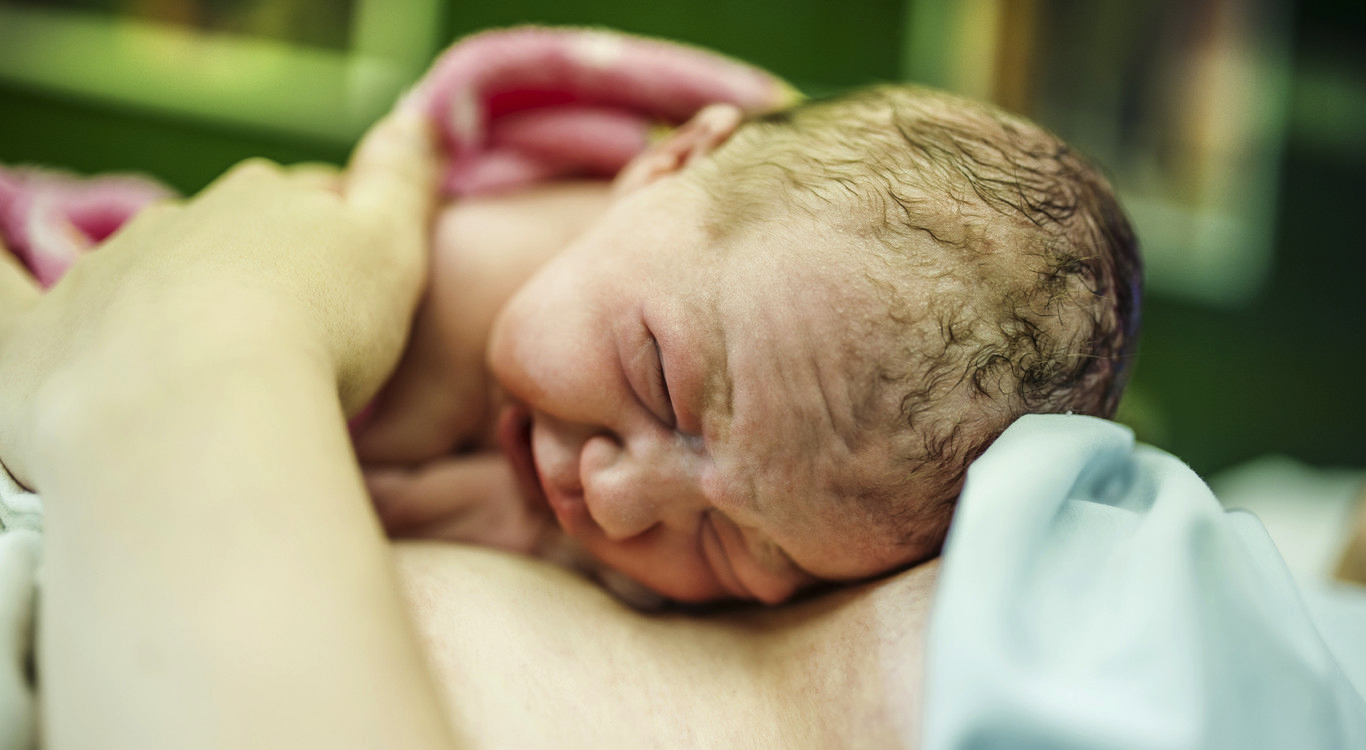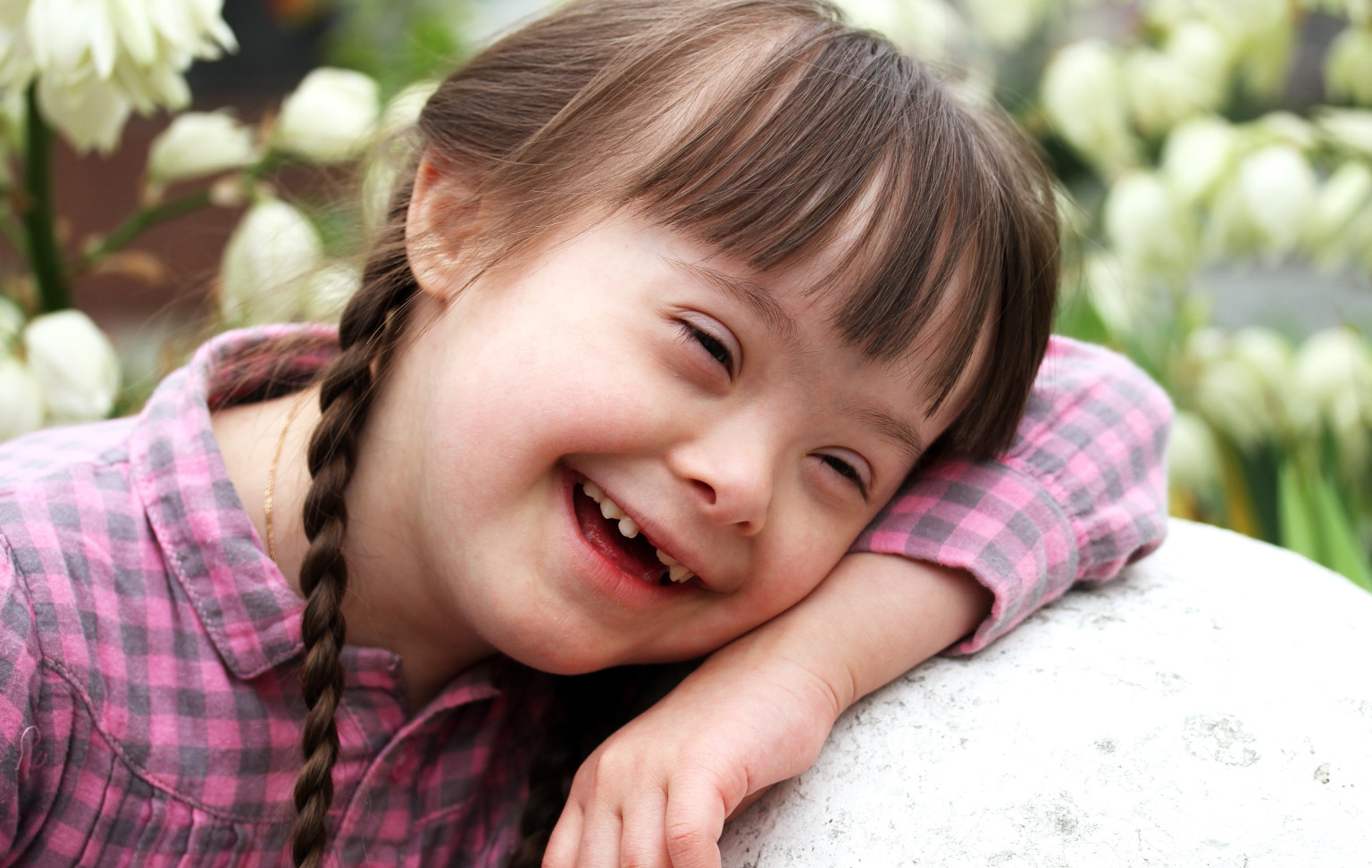Phenylketonuria is a hereditary disease, which consists of an alteration of the metabolism in which the body is unable to break down an amino acid called phenylalanine, which is found in most foods.
This causes the body can not metabolize in the liver the amino acid tyrosine that is formed from phenylalanine.
The prognosis can be good if it is detected properly and early and a treatment is established on time, based mainly on the follow-up of a strict diet low in phenylalanine in the first year of the child’s life and during his stage of growth, diet that It should probably be followed throughout life, in order to avoid or reduce mental damage.
The fundamental cause of phenylketonuria (PKU) is the deficit of phenylalanine hydroxylase. This conditions that the conversion of phenylalanine into tyrosine is altered and therefore there is an increase in blood of phenylalanine and its products, mainly phenylacetate and phenylactate. Tyrosine levels may remain normal or low in patients with PKU.
The symptoms that babies with phenylketonuria present are usually:
- Psychotic pictures of autistic type.
- Convulsions.
- Psychomotor retardation.
- West syndrome.
- Mental retardation.
- Unusual posture of the hands.
- Very rebellious facial eczema.
- Tremors.
- Head size noticeably lower than normal.
- Spasmodic movements of arms and legs.
Routine metabolic tests are performed on newborns to determine if they have PKU, usually by a heel stick shortly after birth. If you test positive, you must perform urine and blood tests to confirm the diagnosis of PKU. Sometimes the test may be negative if it is done before 24 hours of age. In these cases, it may be recommended to repeat the test after one or two weeks of life.
Always take care of your health with a unique and efficient service. Visit Pharmamedic.







